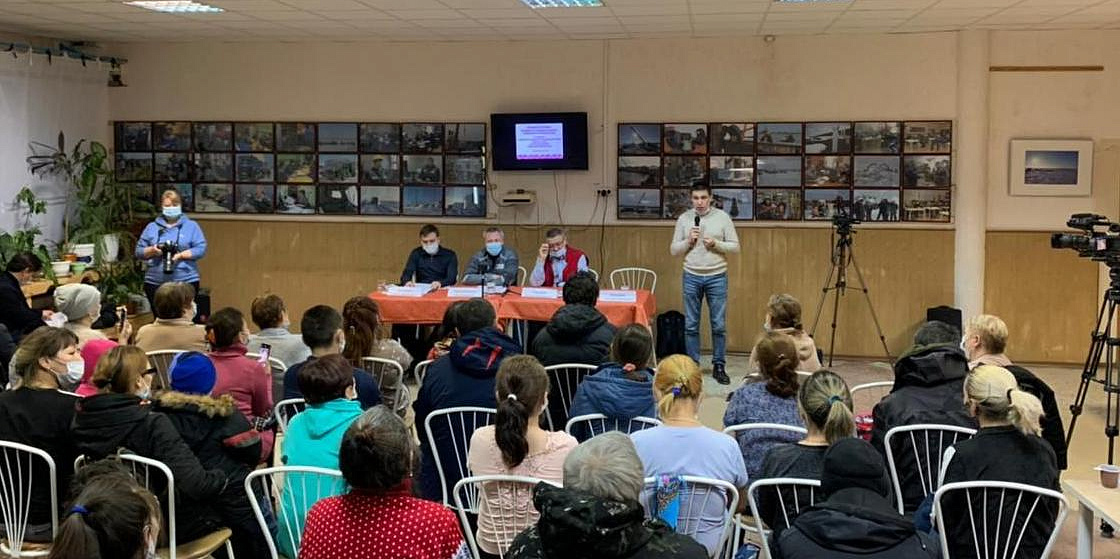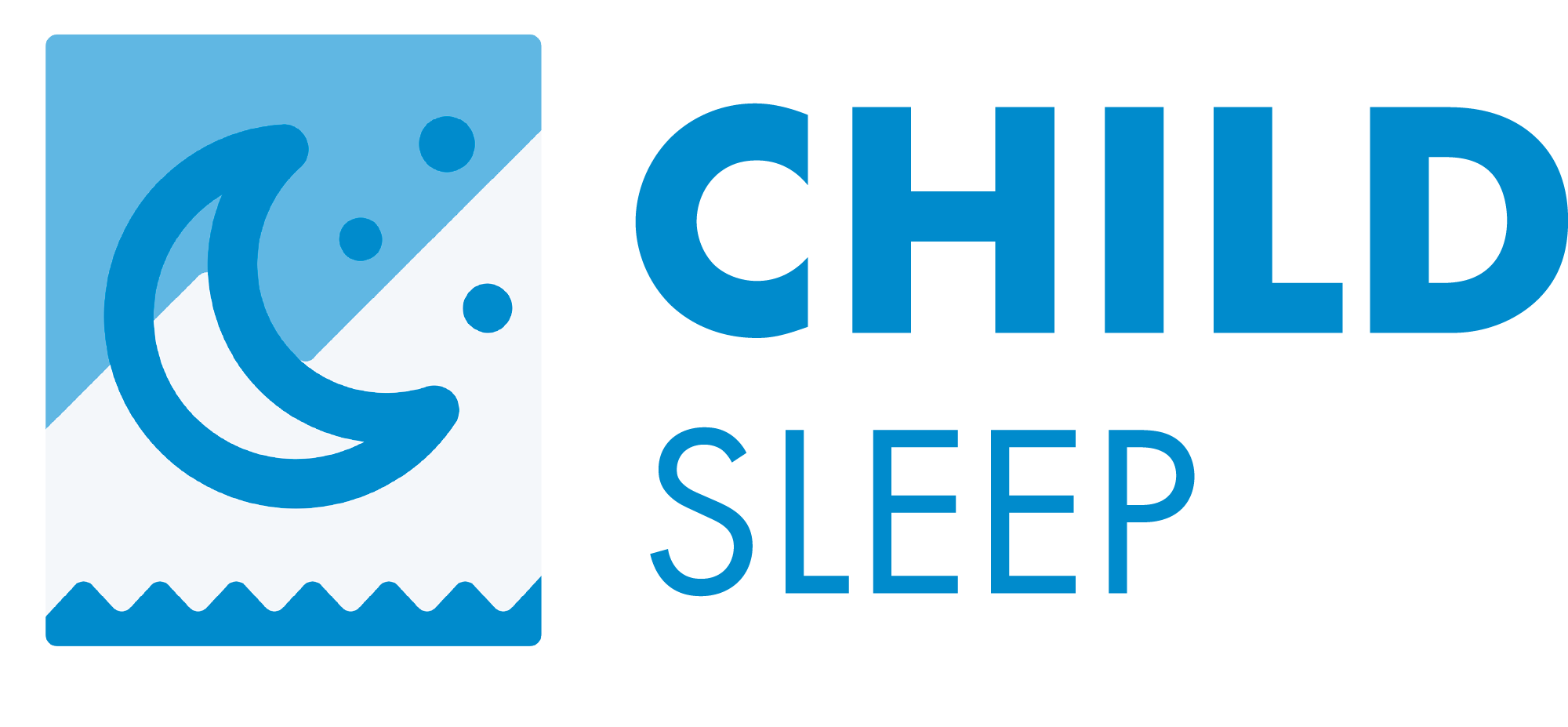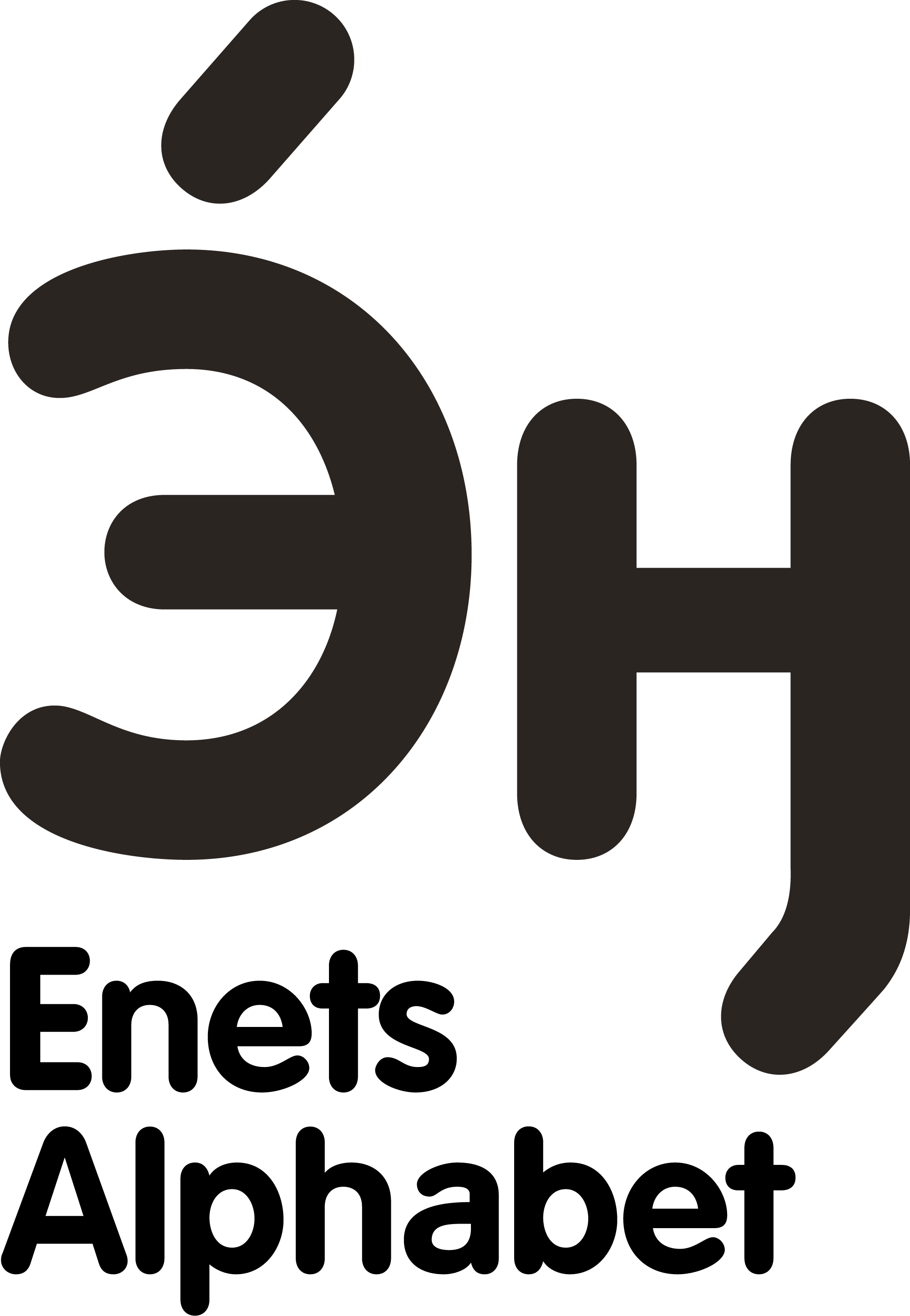
FPIC Implemented for the First Time in the Russian Arctic to Arrange the Relocation of a Taimyr Village
The procedure of obtaining an FPIC (Free, Prior and Informed Consent) has been launched for the first time in the Russian Arctic in Taimyr. On 11-14 October 2021, in the village of Tuhard on the initiative of Norilsk Nickel experts held meetings with members of the local community to inform them of the essence of the procedure aimed at ensuring that the rights of indigenous people are respected during resettlement.
There is a need to relocate Tuhard residents due to several reasons. The village of Tuhard was founded in the 1970s as a temporary settlement to accommodate rotational workers contracted by Norilskgazprom. What started as a rotation worker camp later became a transit settlement used by indigenous people as a relay point between nomad campsites. As the village was a temporary one by definition, its development plans have never provided for fitting it with infrastructure capable of meeting the present-day requirements. In addition, in the course of decades most of the housing stock has degraded to an uninhabitable state. Last but not least, residential buildings in question are located within the so-called buffer zone of an operational industrial site, which means that, in accordance with the Russian legislation, no one can legally reside in these buildings.
Nornickel will fund both building a new settlement and moving residents to their new homes. All newly constructed houses will be handed over to new residents and registered as their private property, free of charge. This way the indigenous people of the area will not be separated from their habitual environment, traditionally used lands, and lifestyle; apart from this, they will be given the chance to choose the design of their new homes and decide what kind of infrastructure they will be furnished with. Nornickel plans to complete construction in 2026. However, other alternatives are on the table, too, including purchasing houses or apartments in other Taimyr villages and/or the city of Dudinka.
“FPIC is not required under the Russian legislation; however, Nornickel intends to follow this procedure out of a sense of responsibility to the indigenous people of Taimyr”, the company's statement issued on 14 October reads.
“Introducing modern methods for discussing future projects with local communities is good news for the Arctic”, says Nikolay Doronin, Chairperson of the PORA Managing Board. “The more companies operating in the Arctic take real-life steps to show that they behave responsibly instead of making declarations, the more sustainable the development of the macroregion is”.
PORA is involved in the FPIC process as an independent partner providing expertise, as well as implementation and information support. For instance, PORA experts were responsible for informing local residents of the procedure and conducting opinion surveys.
The advisory board established to implement the FPIC process includes prominent international and Russian experts.
“The Association of Taimyr Indigenous Minorities is a co-organizer of the FPIC process and, as such, ensures inclusive participation of the village residents in making decisions on, and choosing between different options of, resettlement”, says Grigory Diukarev, Chairperson of the Association.
There is a need to relocate Tuhard residents due to several reasons. The village of Tuhard was founded in the 1970s as a temporary settlement to accommodate rotational workers contracted by Norilskgazprom. What started as a rotation worker camp later became a transit settlement used by indigenous people as a relay point between nomad campsites. As the village was a temporary one by definition, its development plans have never provided for fitting it with infrastructure capable of meeting the present-day requirements. In addition, in the course of decades most of the housing stock has degraded to an uninhabitable state. Last but not least, residential buildings in question are located within the so-called buffer zone of an operational industrial site, which means that, in accordance with the Russian legislation, no one can legally reside in these buildings.
Nornickel will fund both building a new settlement and moving residents to their new homes. All newly constructed houses will be handed over to new residents and registered as their private property, free of charge. This way the indigenous people of the area will not be separated from their habitual environment, traditionally used lands, and lifestyle; apart from this, they will be given the chance to choose the design of their new homes and decide what kind of infrastructure they will be furnished with. Nornickel plans to complete construction in 2026. However, other alternatives are on the table, too, including purchasing houses or apartments in other Taimyr villages and/or the city of Dudinka.
“FPIC is not required under the Russian legislation; however, Nornickel intends to follow this procedure out of a sense of responsibility to the indigenous people of Taimyr”, the company's statement issued on 14 October reads.
“Introducing modern methods for discussing future projects with local communities is good news for the Arctic”, says Nikolay Doronin, Chairperson of the PORA Managing Board. “The more companies operating in the Arctic take real-life steps to show that they behave responsibly instead of making declarations, the more sustainable the development of the macroregion is”.
PORA is involved in the FPIC process as an independent partner providing expertise, as well as implementation and information support. For instance, PORA experts were responsible for informing local residents of the procedure and conducting opinion surveys.
The advisory board established to implement the FPIC process includes prominent international and Russian experts.
“The Association of Taimyr Indigenous Minorities is a co-organizer of the FPIC process and, as such, ensures inclusive participation of the village residents in making decisions on, and choosing between different options of, resettlement”, says Grigory Diukarev, Chairperson of the Association.
15 October 2021




